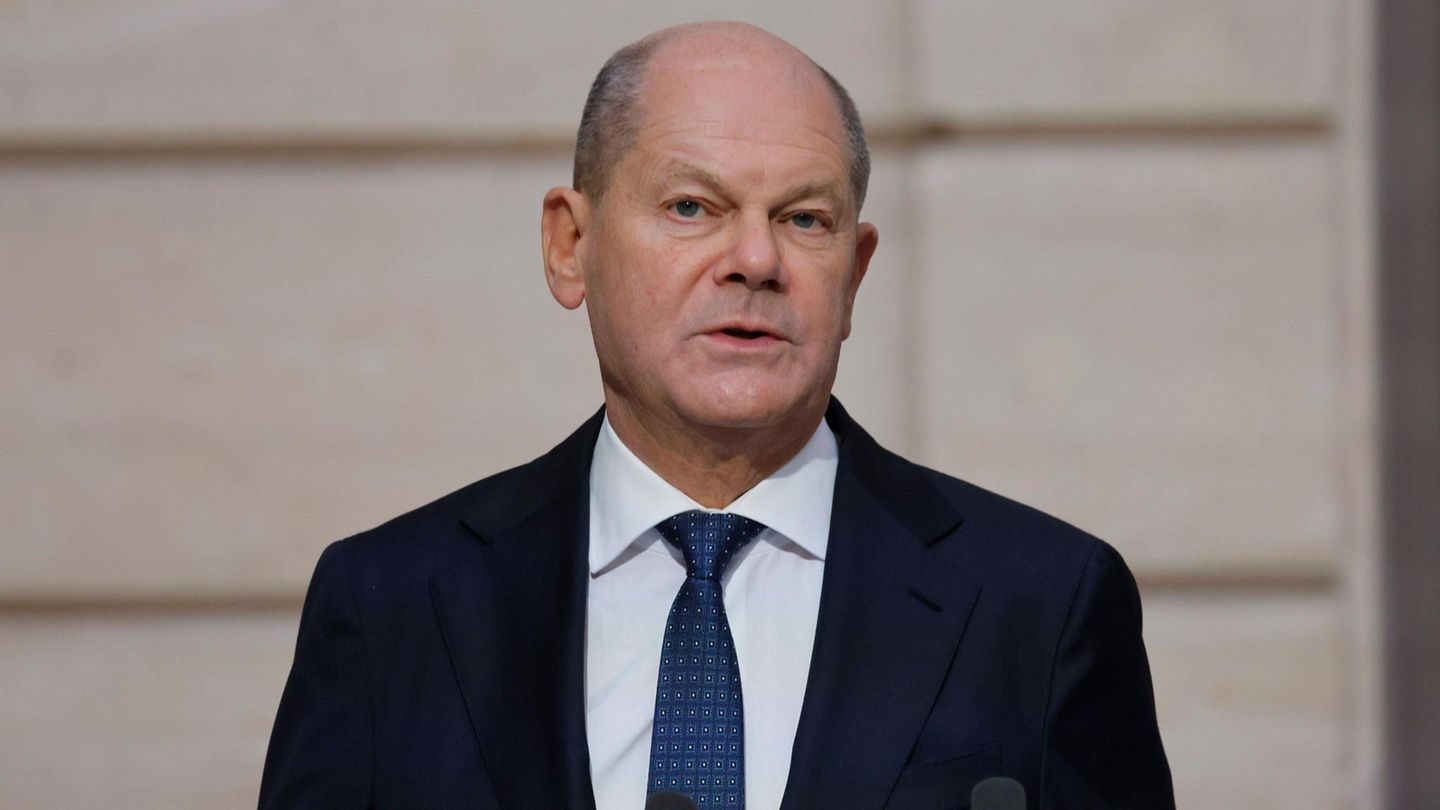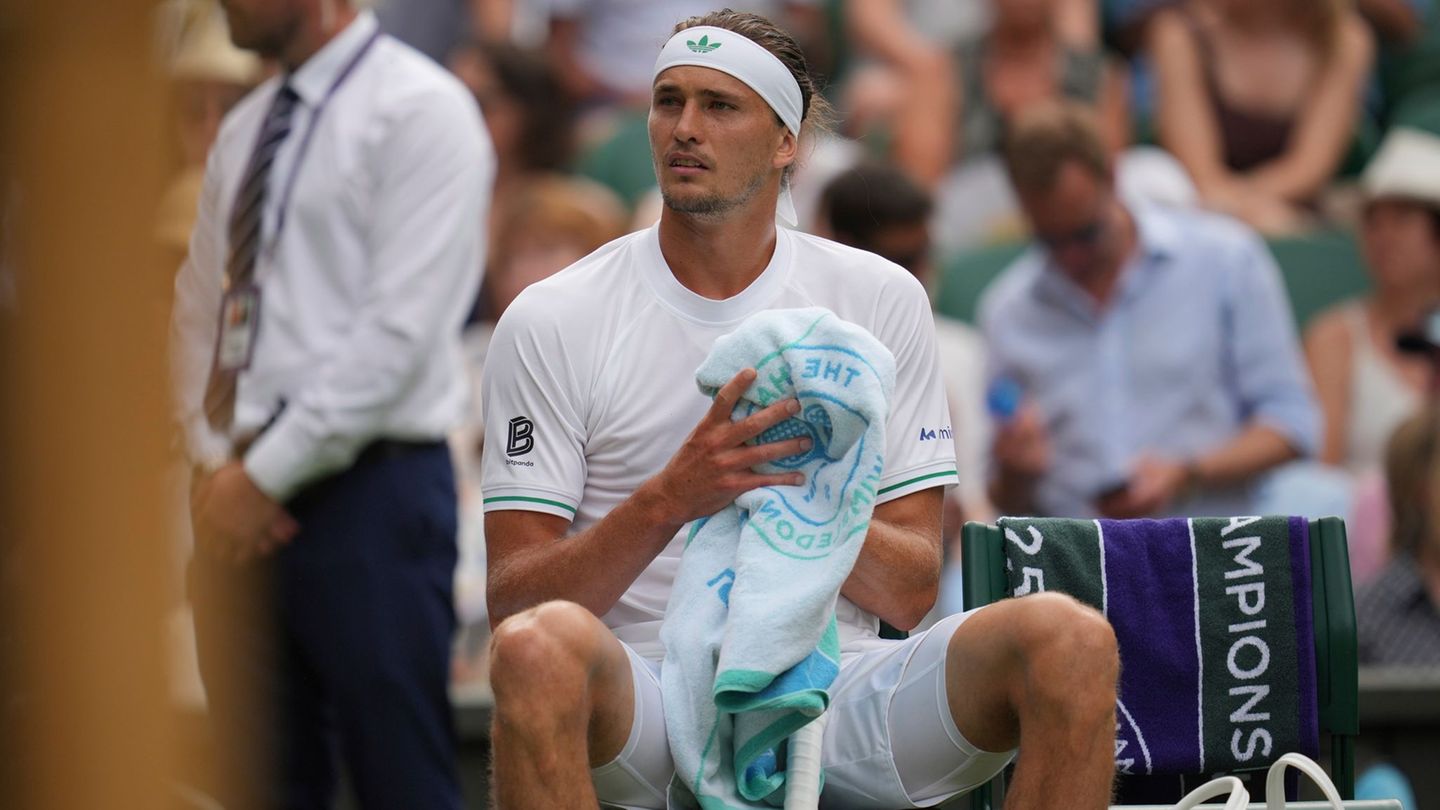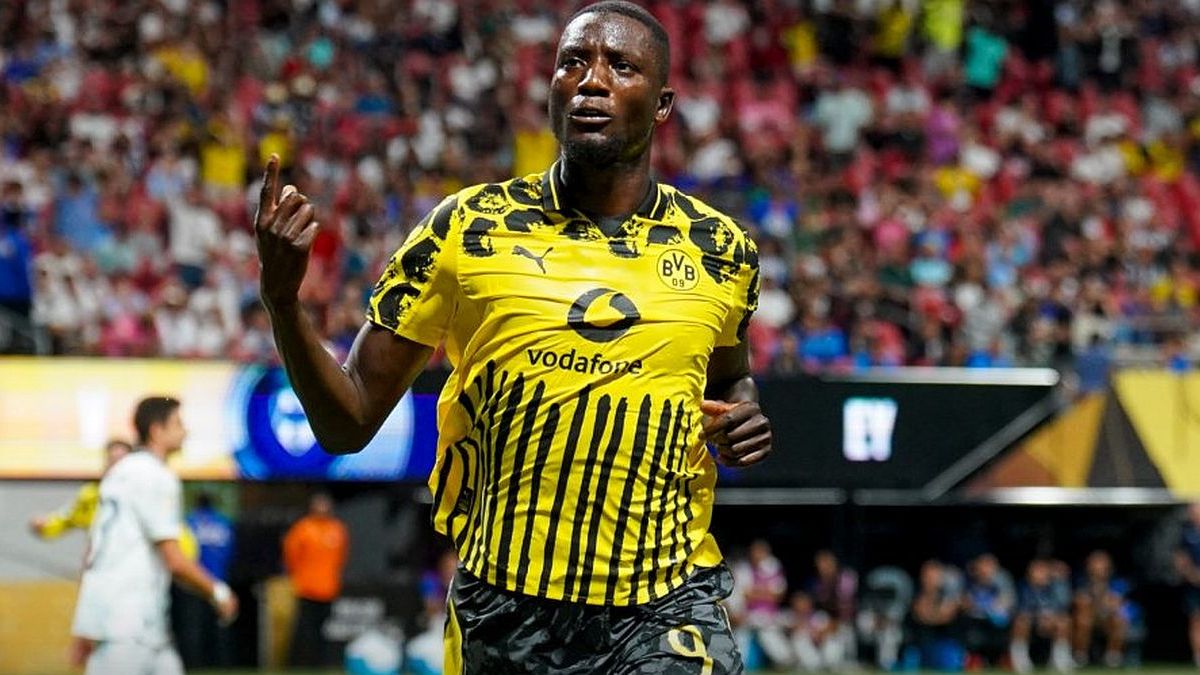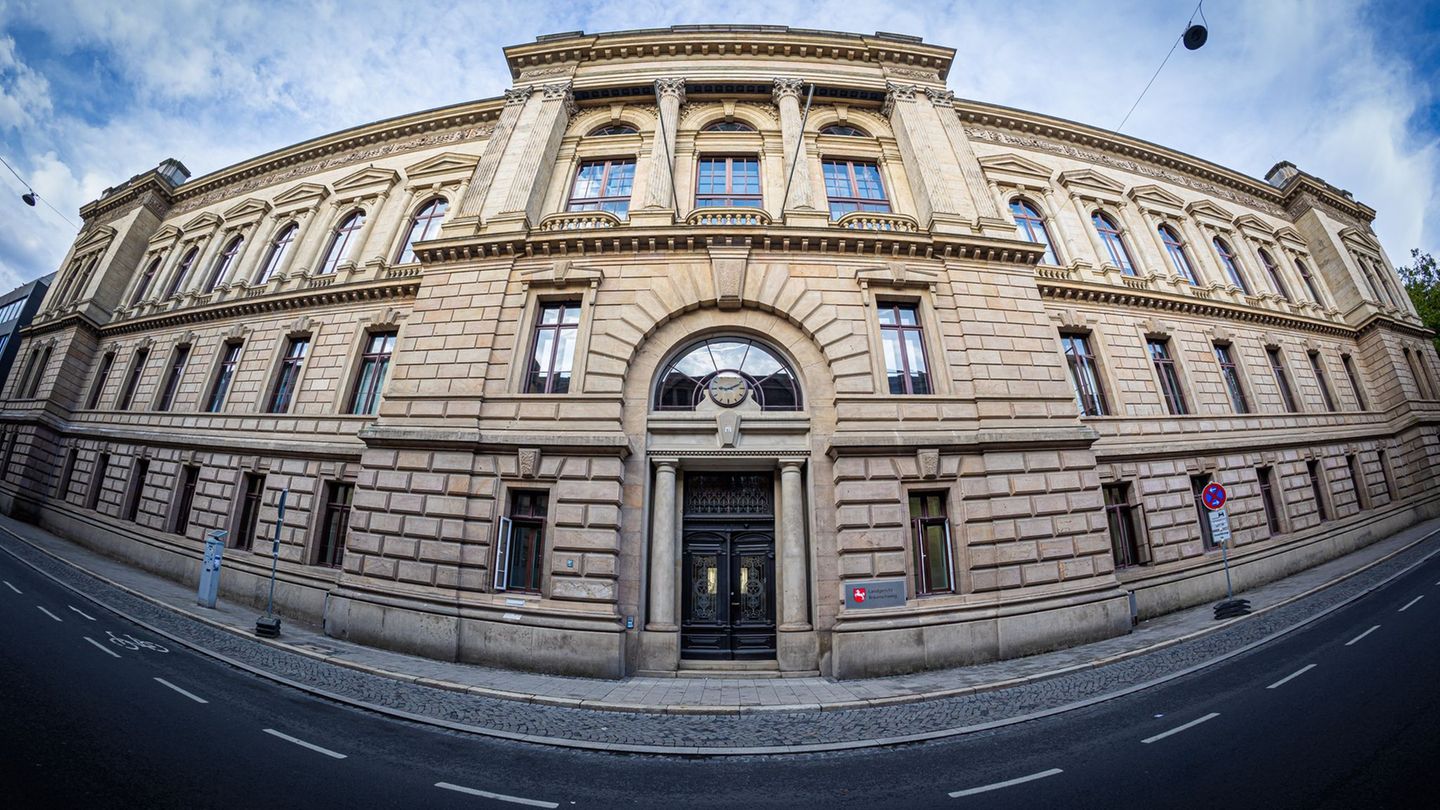Bundestag election
These are the candidates of the Chancellor of the parties
Copy the current link
Chancellor candidates have drawn up five parties for the Bundestag election – even those who have no real chance of the office. An overview of people and positions.
Does Germany get a new Chancellor? On February 23, the election is elected in the Federal Republic, then it is decided whether the incumbent Chancellor Olaf Scholz (SPD) will remain in office or another politician will move into the Chancellery. The worst opponent of Scholz is CDU boss Friedrich Merz.
In addition to the SPD and CDU, the Greens, the AfD and the Alliance Sahra Wagenknecht, which for the first time start in a federal election, also set up candidates for chancellor. FDP and LINKE did not use it. Christian Lindner led the liberals to the election campaign, the left nominated Jan van Aken and Heidi Reichinnek as top candidates.
Olaf Scholz (SPD)
After 16 years of the CDU government under Angela Merkel, Olaf Scholz wanted to bring a fresh wind into the country-with a traffic light coalition of the SPD, Greens and FDP, which had not yet existed in the history of the Federal Republic. The outcome is known: the alliance burst after a constant dispute, Scholz asked the question of trust in the Bundestag. Nevertheless, the former Minister of Labor and Finance wants to remain in office.
Scholz wants to score with the population primarily with economic and social topics. The “government program” of the SPD focuses on economic growth, relief for families and employees as well as pension security. In addition, the Social Democrats are committed to a higher minimum wage.
Friedrich Merz (CDU)
Friedrich Merz was already a candidate for Chancellor at the Union in September after CSU boss Markus Söder did without. The Union parties were accordingly well equipped for the early Bundestag election. Merz had the role of the opposition leader in the legislative period that has been running, and he has never held a government office in his many years of political career.
In the election campaign, the 69-year-old increasingly focused on a harder course in migration policy-especially after the knife attack of Aschaffenburg with two dead. In the event of his choice, Merz announced that it would immediately impose a factual freezing stop for migrants who are in no authorization. For his willingness to enforce an application with the AfD votes in the Bundestag, he received a lot of criticism – even from Angela Merkel.
Robert Habeck (Greens)
In the traffic light coalition, the 55-year-old Minister of Economics and Vice Chancellor-and not undisputed, was the keyword heating law. Before the last Bundestag election, Annalena Baerbock took the race for the candidacy for chancellor, now Habeck is supposed to take a good result for the Greens.
The Greens are primarily concerned with the socially acceptable design of climate protection. Habeck’s proposal to raise social security contributions to capital gains.
Alice Weidel (AfD)
For the first time, the AfD, which is in some part, goes into a federal election with a candidate for chancellor. Co-party leader Alice Weidel has no real chances of participating in the government despite strong survey results-no other party wants to work with the AfD. The AfD is the only party in the Bundestag to leave the euro and the Paris climate agreement. The concept of “remigration”, i.e. the return of foreigners, is also crucial in the election program.
Sahra Wagenknecht (BSW)
The alliance Sahra Wagenknecht will start for the first time in a federal election – and then with her own candidate for chancellor. Of course, this is party founder and namesake Sahra Wagenknecht. The party justified the step with a “Chancellor’s candidate inflation” among political competitors. Realistically speaking, the BSW is rather struggling to overcome the five percent hurdle-with topics such as the end of military support for Ukraine.
EPP
Source: Stern
I have been working in the news industry for over 6 years, first as a reporter and now as an editor. I have covered politics extensively, and my work has appeared in major newspapers and online news outlets around the world. In addition to my writing, I also contribute regularly to 24 Hours World.




